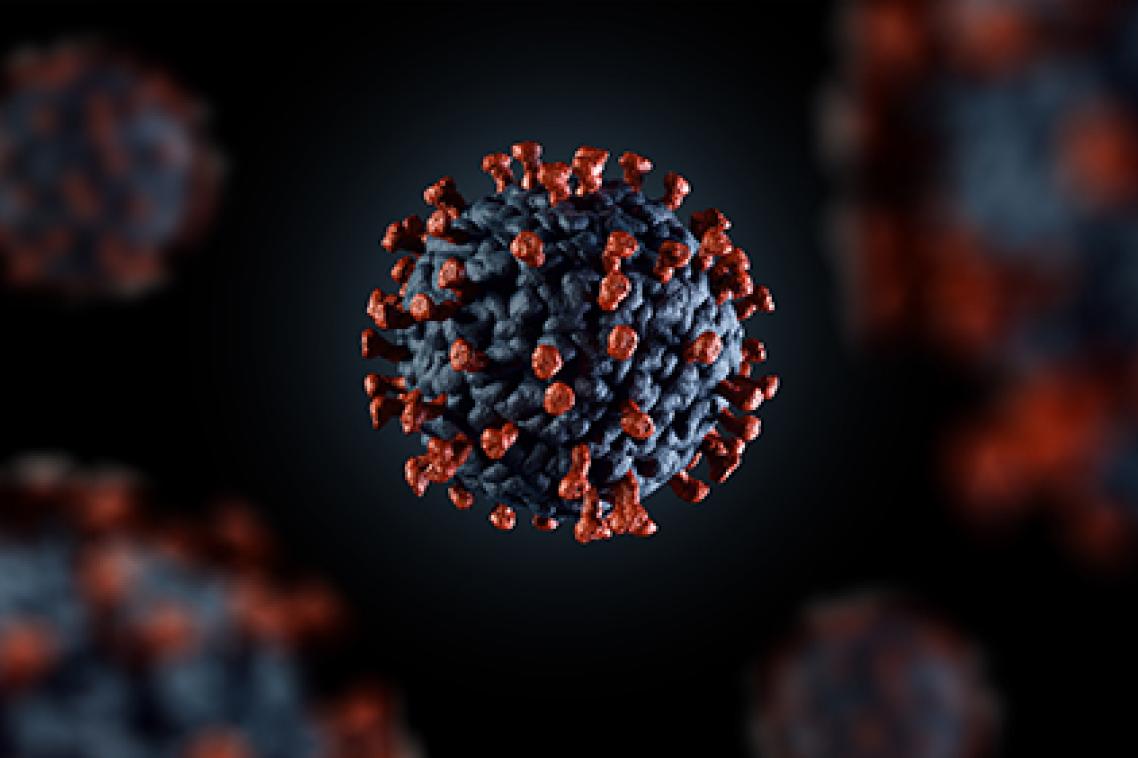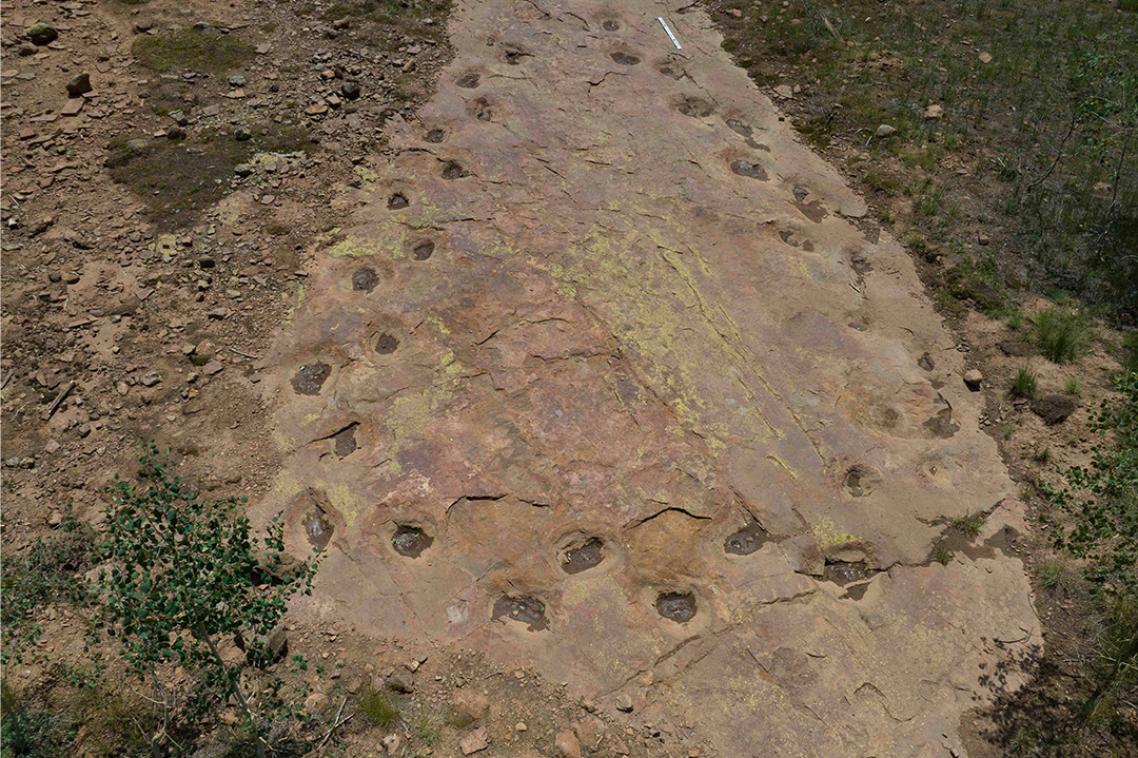No, COVID-19 does not enter our DNA

University of Queensland researchers are refuting claims that COVID-19 can enter a person’s DNA.
The researchers from UQ’s Queensland Brain Institute say the claims have led to “scaremongering” and people should not hesitate to be vaccinated.
Professor Geoff Faulkner said his team’s research published in Cell Reports showed there was no evidence of COVID-19 – or the Pfizer or AstraZeneca vaccines – entering DNA.
“The evidence refutes this concept being used to fuel vaccine hesitancy,” he said.
Professor Faulkner conducted the research to assess now widely-spread findings, published in the Proceedings of the National Academy of Sciences, suggesting positive COVID-19 tests long after recovery are due to the virus being incorporated into DNA.
“We looked into their claims that the human cells and machinery turned COVID-19 RNA into DNA, causing permanent mutations,” Professor Faulkner said.
“We assessed the claims in cells grown in the laboratory, conducted DNA sequencing and found no evidence of COVID-19 in DNA.
“From a public health point of view, we would say that there are no concerns that the virus or vaccines can be incorporated into human DNA.”
Professor Faulkner is a computational and molecular biologist with expertise in genomics and transposable elements – meaning his team studies DNA changes to determine how they impact human biology.
He is also affiliated with Mater Research Institute at UQ.
For the Cell Reports publication, he worked with virologists, including Associate Professor Daniel Watterson from UQ’s School of Chemistry and Molecular Biosciences.
Associate Professor Watterson said the research confirmed there was no unusual viral activity and the COVID-19 behaviour was in line with what was expected from a coronavirus.
Read the Cell Reports paper here.
Media: Erik de Wit, QBI Communications, e.dewit@uq.edu.au, +61 447 305 979.
Related articles

Greater attention needed on community service workforce

Looping long-necked dinosaur site reveals its secrets
Media contact
UQ Communications
communications@uq.edu.au
+61 429 056 139
